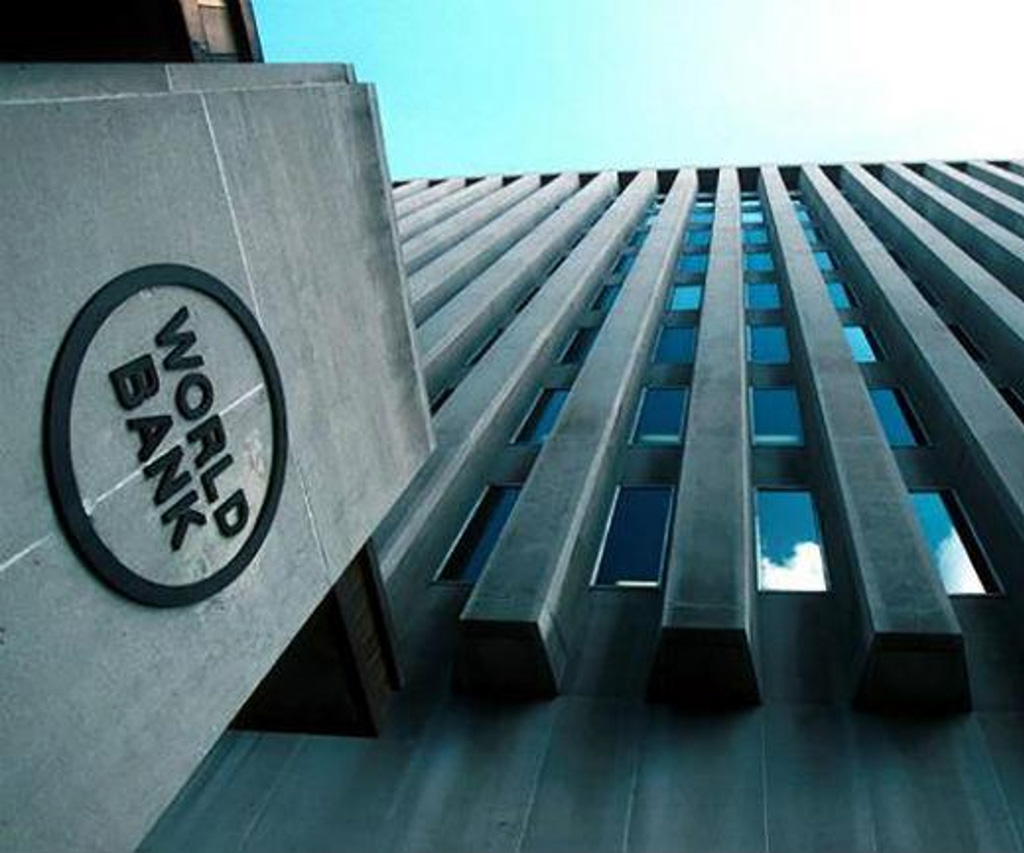 NAIROBI: The World Bank has cut its growth forecast for Sub-Saharan Africa this year to 2.8 percent from an initial 3.3 percent, it said on Monday.
NAIROBI: The World Bank has cut its growth forecast for Sub-Saharan Africa this year to 2.8 percent from an initial 3.3 percent, it said on Monday.
The commodity price slump of 2015 cut short a decade of rapid growth for the region, and the bank said growth would take longer to recover as a decline in industrial production and a trade dispute between China and the United States take their toll.
The bank's 2019 forecast means economic growth will lag population growth for the fourth year in a row and it will remain stuck below 3 percent, which it slipped to in 2015.
In its latest report on the regional economy, the bank also cut its 2018 growth estimate to 2.3 percent from last October's prediction of 2.7 percent growth for last year.
"The slower-than-expected overall growth reflects ongoing global uncertainty, but increasingly comes from domestic macroeconomic instability including poorly managed debt, inflation and deficits," the bank said.
Nigeria, South Africa and Angola, which make up about 60 percent of sub-Saharan Africa's annual economic output, were all facing various challenges, curbing their contribution to the growth momentum, the bank said.
"This downward revision reflects slower growth in Nigeria and Angola, due to challenges in the oil sector, and subdued investment growth in South Africa, due to low business confidence," it said.
Nigeria's economy grew by an estimated 1.9 percent last year, up from 0.8 percent the previous year, the World Bank said, reflecting a modest pick-up in the non-oil sector.
South Africa came out of recession in the third quarter of last year but investors were still cautious due to policy uncertainty, the bank said.
In the meantime Angola, the region's third-biggest economy, remained stuck in recession, as oil production remained weak.
High inflation and heavy debt loads discouraged investors in economies such as Zambia and Liberia, hitting their growth prospects, the World Bank said.
Rates of debt in the region are growing and the type of borrowing that countries are undertaking is exposing them to vulnerabilities, it said.
"External debt is shifting from traditional, concessional, publicly guaranteed sources to more private, market-based, and expensive sources of finance, putting countries at risk," the bank said.
"By the end of 2018, nearly half of the countries in sub-Saharan Africa covered under the Low-Income Country Debt Sustainability Framework were at high risk of debt distress or in debt distress, more than double the number in 2013."
Economies that do not depend on commodities such as Rwanda, Uganda, Kenya, Benin and Ivory Coast, continued to grow strongly, the bank said in the report.
Albert Zeufack, the chief economist for Africa at the bank, said the region could boost annual growth by about nearly two percentage points if it harnesses information technology more effectively.
"This is a game-changer for Africa," he said.





















Comments
Comments are closed.